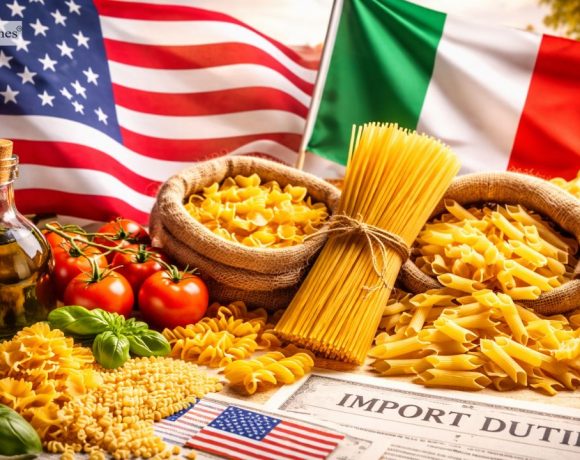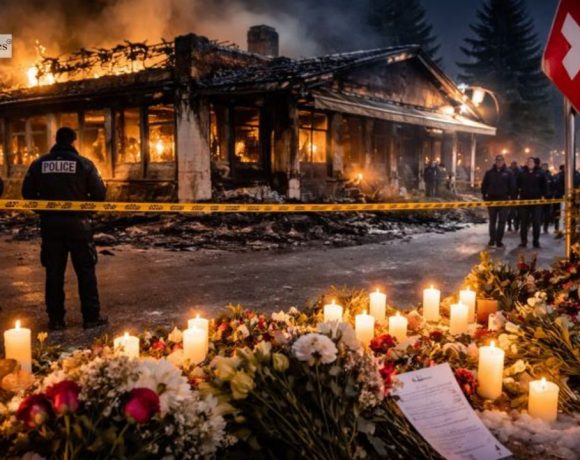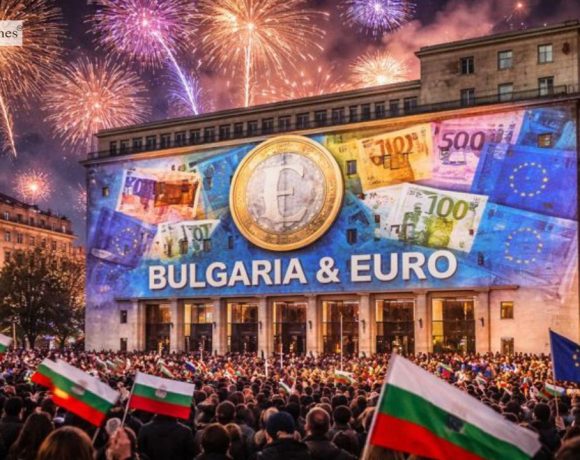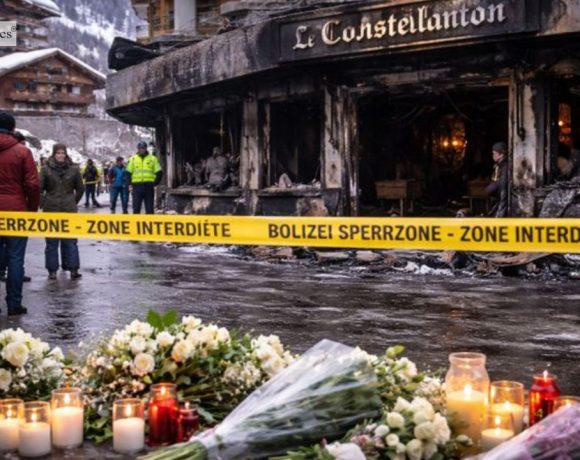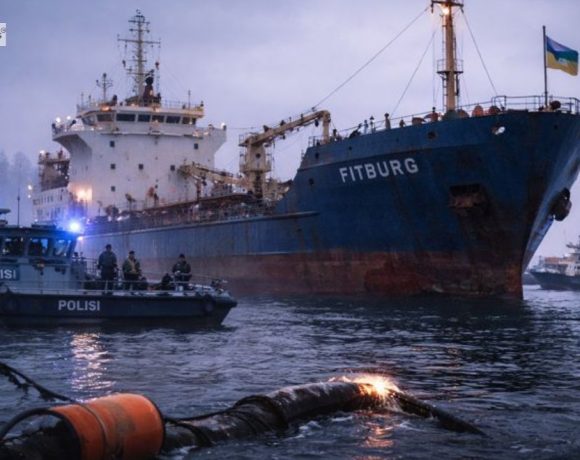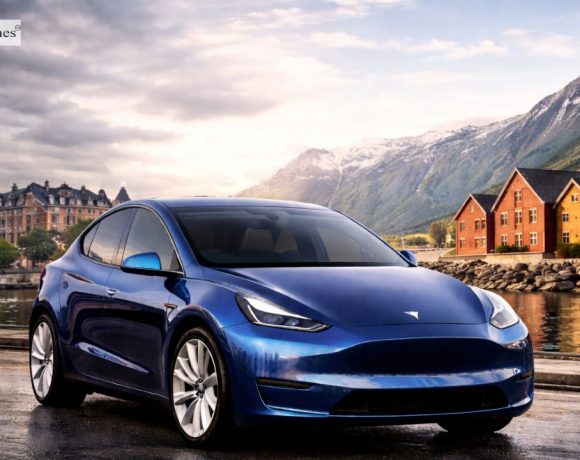
Tesla’s vehicle registrations fell sharply in several major European markets in December, underscoring a difficult year for the U.S. electric carmaker across much of the region. Sales dropped 66% in France and 71% in Sweden during the month, while declines were also recorded in Portugal and Spain. The weak performance reflects intensifying competition, an aging model lineup and reputational headwinds linked to Elon Musk’s political statements.
Despite the rollout of cheaper versions of the Model Y and Model 3, Tesla’s European business has yet to recover. For 2025 as a whole, registrations fell 37% in France, 70% in Sweden, 22% in Portugal and 4% in Spain. By November, Tesla’s market share across Europe, Britain and the European Free Trade Association slipped to 1.7% from 2.4% a year earlier, even as overall electric vehicle adoption continued to rise.
In contrast, Tesla enjoyed a standout performance in Norway, where registrations jumped 89% in December to 5,679 vehicles, helping the brand set a new annual sales record in 2025. Tesla captured more than 19% of the market in the country, where nearly all new car sales are electric. The company is due to report its global fourth-quarter delivery figures later on Friday.
Pic courtesy: google/ images are subject to copyright


